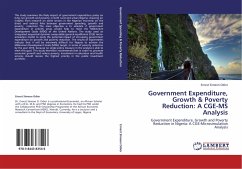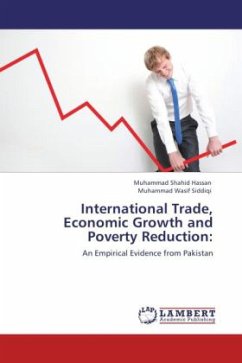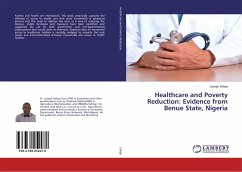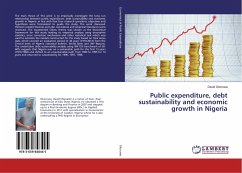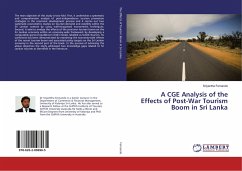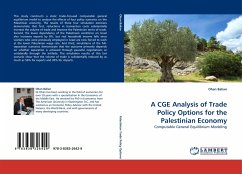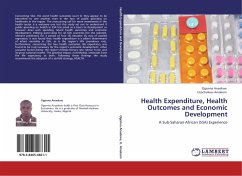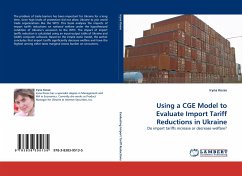This study examines the likely impact of government expenditure policy on long run growth and poverty, in both rural and urban Nigeria, drawing on insights from research on some sectors in the Nigerian economy on the direct and indirect links between government spending, growth and poverty reduction. The main objective is to simulate if government expenditure in priority areas would help to meet the Millennium Development Goals (MDG) of the United Nations. The study used an integrated sequential dynamic computable general equilibrium (CGE) micro-simulation model to study the potential impact of increasing government expenditure on growth and poverty reduction. The results of experiments indicate that it will be extremely difficult for Nigeria to achieve the Millennium Development Goals (MDG) target, in terms of poverty reduction by the year 2015, because no single policy measure in the analysis is able to meet this goal. This study therefore recommends that in order to promote economic growth and reduce poverty, investment in education and health services should receive the highest priority in the public investment portfolio.
Bitte wählen Sie Ihr Anliegen aus.
Rechnungen
Retourenschein anfordern
Bestellstatus
Storno

